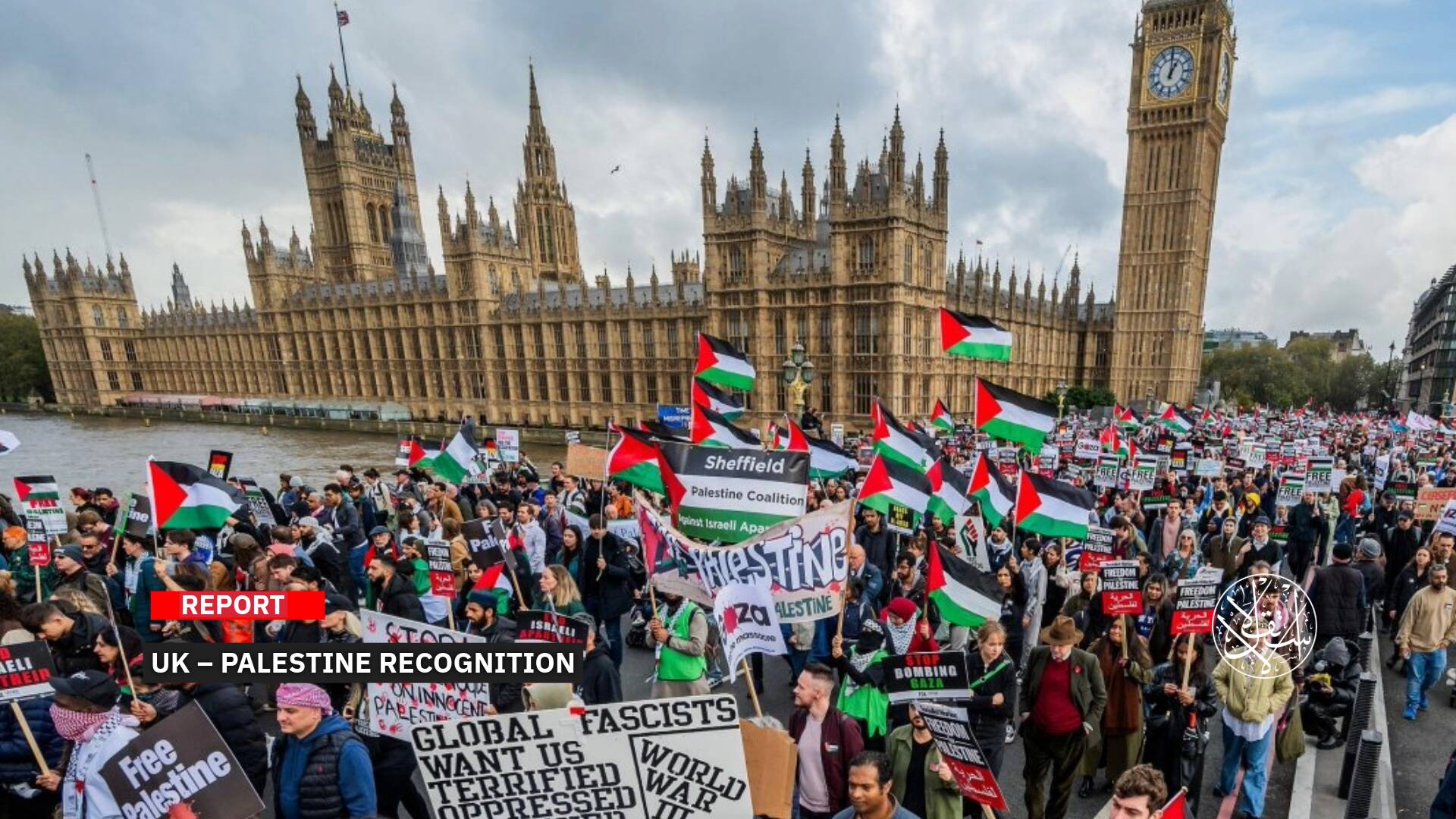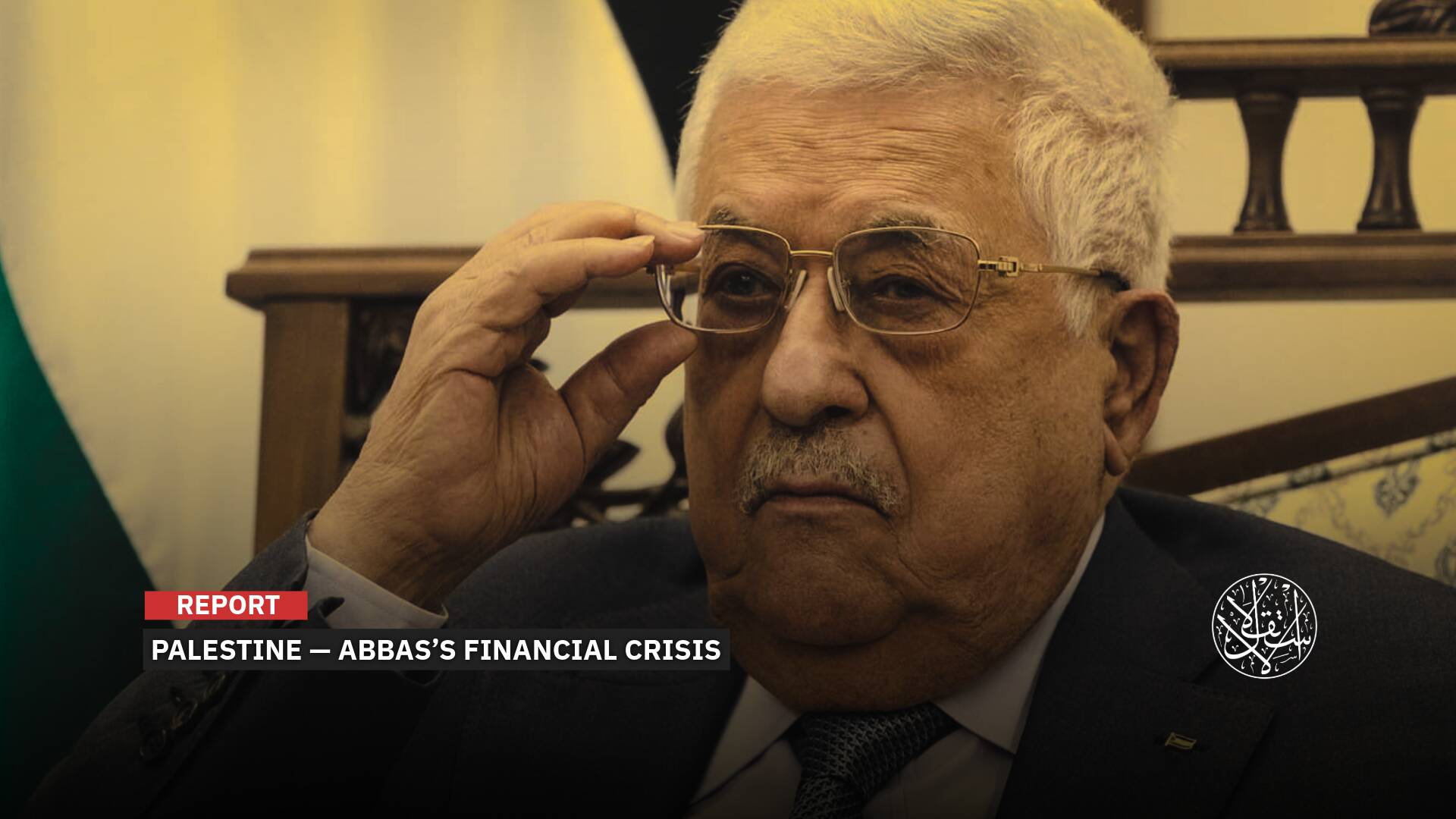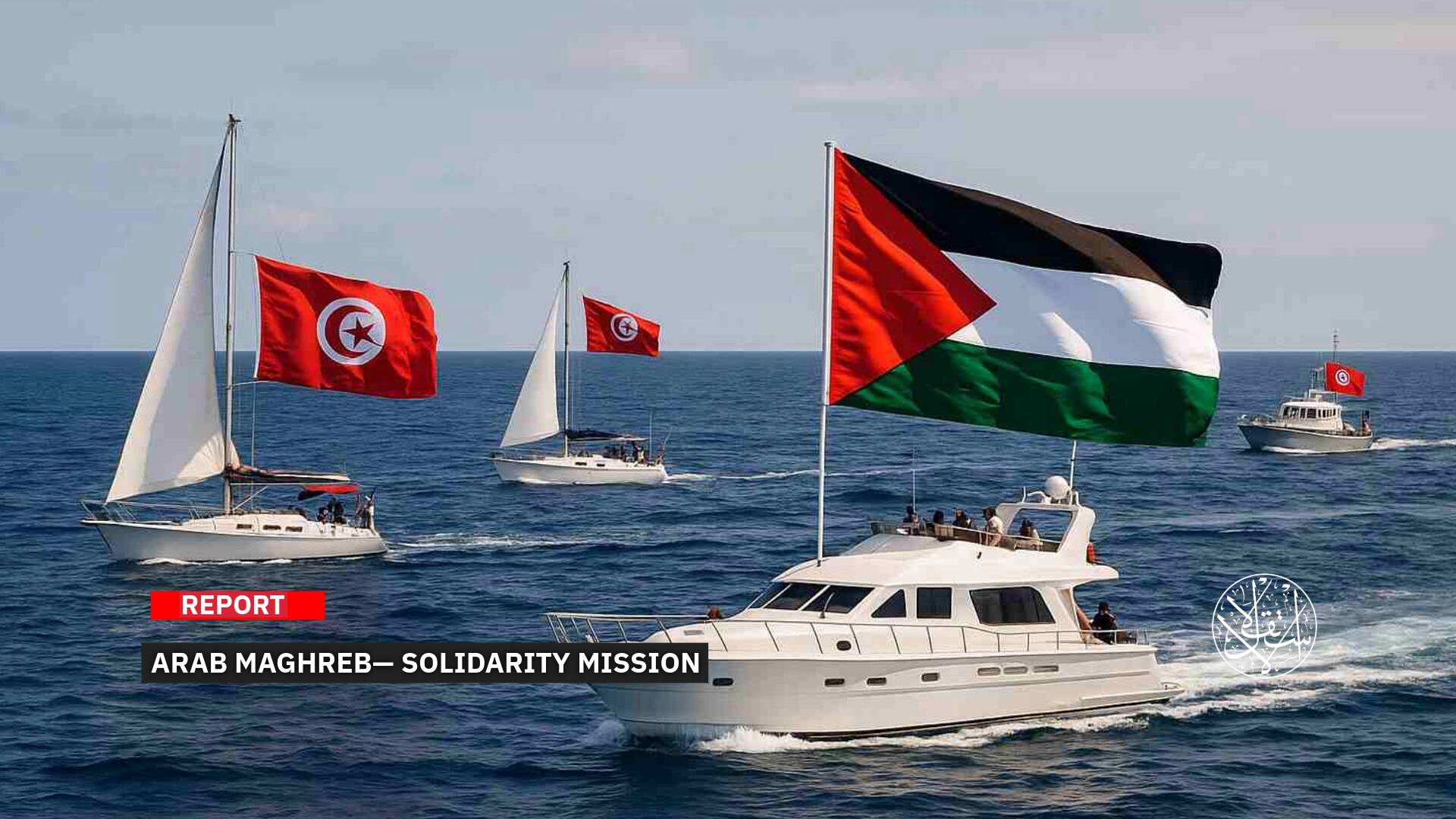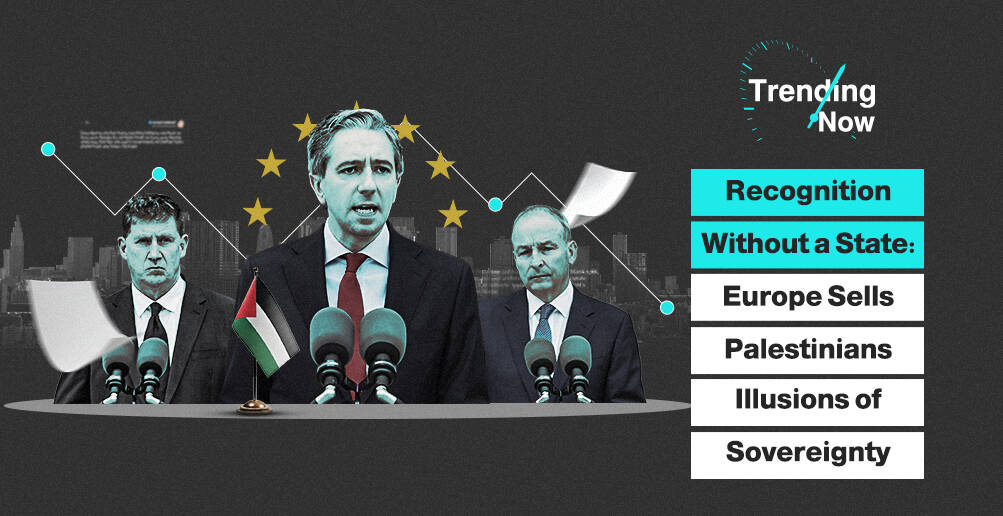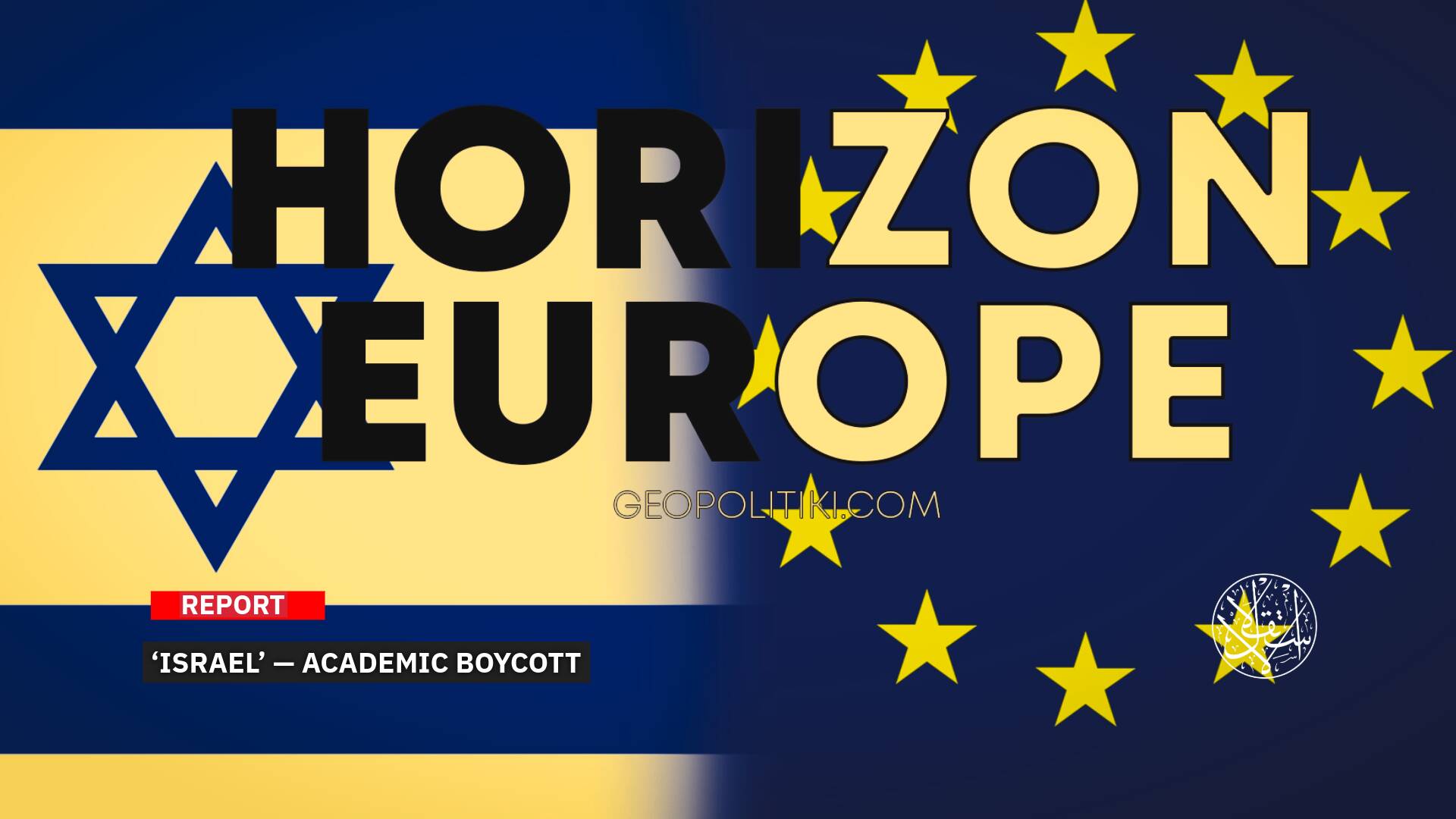Starting a New Phase of Relations, Why Did Morocco and Spain Disregard Ceuta and Melilla?

At a time when the fate of the cities of Ceuta and Melilla was one of the hottest files in the disputes between Rabat and Madrid, it suddenly turned after the Spanish Prime Minister Pedro Sanchez visited Morocco into a "silent" issue.
While Morocco remained silent about the future of the two cities after the visit, Sanchez raised in the face of his opponents the "official state secrets" clause.
The cities of Ceuta and Melilla, located in northern Morocco, are under the administration of Spain, as Rabat considers them "occupied outposts" and demands direct negotiations in the hope of regaining them.
Road Map
After the last visit of the Spanish Prime Minister to Rabat in 2018, the meetings subsequently stopped due to the Corona pandemic and the disputes between the two sides, before Sanchez met with Moroccan King Mohammed VI, on April 7, 2022, in the capital, Rabat.
The meeting ended with a consensus on a "road map", and the Moroccan Ministry of Foreign Affairs published a "joint statement", following the talks, within the framework of a new phase of partnership between the two countries.

The statement insisted on showing Rabat in a "position of strength", by recalling the context of the invitation sent by the Moroccan monarch to the Prime Minister of Spain, noting that "the letter addressed by Sanchez to King Mohammed VI on March 14, 2022, and the telephone conversation between the King and the Spanish Prime Minister. On March 31, a new page was opened in the bilateral relations.
The statement of the Moroccan Foreign Ministry, which was published on its official website on April 7, 2022, stated that the road map between the two sides included an agreement on 16 points, with the appointment of a committee tasked with ensuring its implementation, within 3 months.
The road map was divided into six axes, the first being the Sahara issue, where "Spain recognizes the importance of the Sahara issue for Morocco, and Morocco's serious and credible efforts within the framework of the United Nations to find a compatible solution to it."
In this context, Spain considers the Moroccan initiative for "autonomy" presented by Morocco in 2007 "the most serious, realistic and credible basis for resolving this conflict."
While the second axis dealt with the file of commercial movement between the two countries, where the full resumption of the normal movement of individuals and goods took place in an orderly manner, including appropriate arrangements for customs control and people at the land and sea level, with the re-connection of seafarers between the two countries.
The third axis concerned the migration file, where the two sides agreed to relaunch and strengthen cooperation in the field of migration, within the framework of a comprehensive and balanced approach to the phenomenon.
The fourth axis included strengthening economic, commercial, energy, industrial and cultural cooperation, as it was decided to reactivate sectoral cooperation in all areas of common interest, including facilitating economic exchanges and transportation between the two countries.
The fifth axis focused on the relationship between the two countries, by starting to communicate about updating the 1991 Treaty of Good Neighborliness, Friendship, and Cooperation, based on the principles, determinants, and priorities that will guide bilateral relations in the coming years.
As for the sixth axis, it included files that define sharp differences between the two sides, such as Ceuta and Melilla, the maritime space in the Atlantic Ocean, and the management of airspace.
The Fate of the Two Cities
It was remarkable in the joint statement included in the road map, that it did not directly talk about the file of the cities of Ceuta and Melilla, which Morocco considers "occupied" cities, while Spain considers them part of its sovereignty.
However, a paragraph of the joint statement referred almost decisively to the file of the two cities, by saying that the two sides agreed to "address issues of common interest in a spirit of trust and consultation, away from unilateral actions or a fait accompli."
The silence was evident in the Moroccan position, which contented itself with talking about the road map and initiating the practical implementation of its outputs. Officials avoided talking or referring to the issue of Ceuta, Melilla, and the rest of the occupied islands.

For his part, the Spanish Prime Minister, who held a press conference at his residence at the Royal Palace in Rabat, after his meeting with the Moroccan monarch, on April 7, chose to answer his country’s press when they asked him about the topic of Ceuta and Melilla, saying: “The territorial integrity of Spain is not under discussion.”
This general answer, the Spanish government refused to detail, despite pressure from the press and parliamentary opposition.
While the Spanish Diario AS website said, "Sánchez, after changing his position on the Sahara, prefers to keep everything related to his talks with Mohammed VI in complete secrecy, even though these are issues that affect Spain's foreign policy, which Congress expressed its absolute rejection of."
The website indicated in a report published on April 11, 2022, that "the government, in response to a parliamentary question from the (extreme right-wing) Vox party, announced that it does not intend to announce the comprehensive plan for Ceuta and Melilla, which includes the new national security strategy.
Diario AS believed that "the plan that is being worked on will be confidential under the State Secrets Act."
Deep Silence
At the present time, the silence of Rabat and Madrid was difficult to understand for the press and the opposition in Spain, while the "silence" covered their Moroccan counterparts, while the governments of the two countries decided not to disclose their positions to the public opinion in both countries.
Professor of Constitutional Law and Political Science at the University of Fez, Ismail Hammoudi, explained the silence reasons to Al-Estiklal by saying: It is more likely that the two countries did not return to the deep differences of the past, as they know that there are recent problems stuck between them and that they are both affected by them, and they want to solve them.
Hamoudi continued: "On the issue of Ceuta and Melilla, it seems that the two parties chose to resolve the problems that occurred between them before and during the closure of the Ceuta and Melilla crossings, and therefore they worked together to fold the reasons that prompted the closure."
Since 2018, Morocco has initiated a series of measures to restrict commercial activity at the Ceuta and Melilla crossings, up to the final closure in March 2019.

Hammoudi explained, "The file of Ceuta and Melilla is complex, and it cannot be resolved quickly."
He pointed out that "the late King Hassan II of Morocco had previously called in 1986 for the creation of a joint committee to discuss the future of the two occupied cities and islands, but Spain rejected the proposal."
Hammoudi concluded his speech by saying that "the silence of the two parties currently means that they have agreed, even if they spoke directly to leave the file of the two cities to the future, and that they are currently interested in confidence-building measures and investing in the current political understandings to achieve the interests of the two countries."





